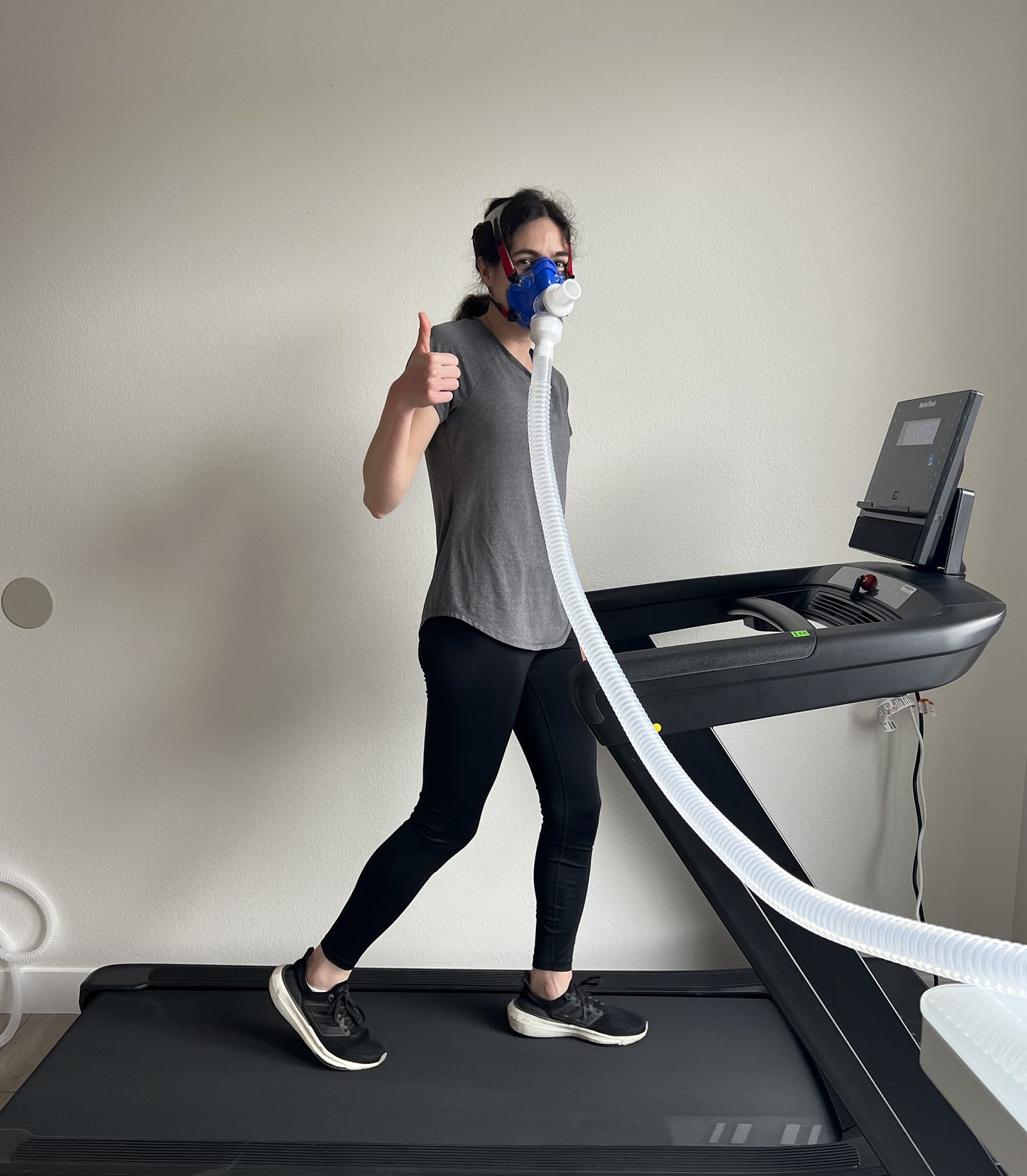Invest In Your Health
You are not destined to become weak as you grow older.
It’s not aging that automatically robs us of our strength, it’s the choices we make along the way. Staying healthy is a lifelong investment, and it's probably one of the best ones you can make. I say "probably" because, well, I’m not old yet. But I’m a keen observer, and I’ve watched enough vibrant older people to see that their energy and vitality didn’t happen by chance.
What do you enjoy today?
Maybe you love playing football, skiing, hiking, or dancing. Or perhaps you're more into travel, adventure, or just being able to move freely and feel good in your body. If these things matter to you now, they will likely matter even more when you're older.
You may have heard this idea before: we all have three resources in life: time, money, and energy. When we’re young, we have time and energy but not money. In adulthood, we have money and energy but not time. And as we grow older, we often have time and maybe even money, but very little energy.
But does that last part really have to be true?
Generational beliefs and outdated defaults
Many of us expect to become like our parents or grandparents: tired, sick, and dependent. We assume it’s just part of getting older. But that mindset is built on the choices and limitations of a different generation. They didn’t have access to the knowledge, tools, and science we have now. They made the best decisions they could with what they had. We can do better.
We now understand the long-term effects of sugar, processed foods, stress, poor sleep, and inactivity. We know what movement, nutrition, and mindfulness can do for our bodies. We have no excuse not to take action. Because just like compounding interest in finance, health habits also compound but only if you start early and stay consistent.
Imagine wanting to play with your grandkids but being too frail to keep up. Or traveling to a dream destination but being too out of shape to walk to that scenic viewpoint. It’s not necessarily about playing sports at 70, it’s about maintaining the ability to enjoy life.
A broken system
Unfortunately, the system isn’t designed to keep us healthy. Most of us were never taught how to invest in our well-being. Schools didn’t prepare us. Doctors often prescribe pills rather than talk about nutrition or lifestyle change. Chronic illness is treated as a life sentence rather than a wake-up call.
But the system doesn’t have to define us. We can opt out of the passive path and choose a more conscious one.
Start with self-awareness
Yes, it’s hard. Exercising regularly is hard. Giving up foods we love is hard. And worst of all, the results are slow. But the first major step is self-awareness, recognizing where we are now and understanding why change is important.
The next step is action. Start small. Go for a walk. Try a class. Cook one healthy meal a day. Make it stick by pairing it with accountability. Find a friend, a coach, a community. And keep your "why" close: maybe it’s to enjoy your older years, or maybe it’s simply to feel more energized now.
My personal journey
I was lucky to fall in love with football at a young age. That passion kept me active for years. But like many of you, adulthood brought shifts: I now work a 9-to-5 job, sit for long hours, and have less time for movement.
Still, I made a conscious decision. I want to feel strong when I’m older. I want to travel freely, explore, play, and engage with life. So I try my best to eat well and stay active. I'm not perfect, my sleep and diet fluctuate, and I sometimes fall off track. But I always return.
Recently, I took DexaScan and VO2 Max tests to understand my health metrics. My biological age came out 8 years younger than my actual age. My VO2 Max score was 48 ml/kg/min which is an excellent result for women my age. These numbers aren’t about bragging. They’re evidence that consistent effort, even imperfect, pays off.
Closing thoughts
I don’t take my athletic background for granted. I intend to build on it as I get older so I can keep doing the things I love. If you’re already on this path, keep going. And if you’re not, just start. Start with one small change. Then another.
Ask yourself: How do I want to feel at 60, 70, or 80? What kind of life do I want to live? What kind of memories do I want to make?
Start now. Your future self will thank you.
If this resonated with you, hit reply I’d love to hear your story. And if someone came to mind while reading, feel free to share it with them.



